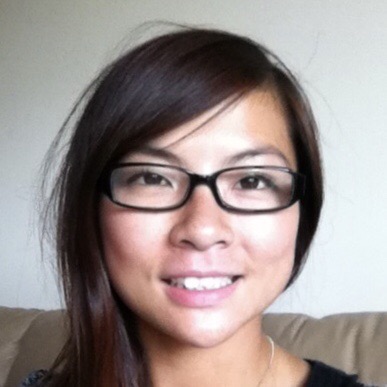Mind-full or Mindful?
- Ellen Yun

- Jan 6, 2017
- 2 min read
Mindfulness is a buzz word that seems to be all the rage at the moment. Celebrities are endorsing it, the NHS have adopted it as a form of treatment, and schools are now beginning to incorporate Mindfulness into the curriculum. But what exactly is it?
Quite simply, mindfulness, or to be mindful, is to be fully present in the given moment. It sounds simple right? But we would be surprised at how NOT present we most often are. In the present, what is normally happening is is that we are either reliving the past, and all the pain, suffering, emotions and memories of the past, or we are pre-living the future, an imagined future that is so catastrophic our bodies, minds and emotions have already experienced it. We worry about what is to come. The news and social media feed us with information that causes us worries and concerns. We then think about what has happened in the past and vow that we will not repeat the same mistakes as we or our families and friends have done and we make plans for the future. Before you know it, you have worked yourself into a frenzied panic because the pain of the past and the worries of the future have collided and crashed into your present.
To be mindful is being aware that what is real is the present moment, the here and now. What would it be like if you were able to take a step back, to realise that your mind has been on autopilot mode and to be fully present in what was happening right in front of you? The aroma, texture, warmth of the coffee that you are drinking, the birds singing outside of your window. What kind of sounds are they making? Are they loud, are they quiet? How many different tones can you hear? How many birds are singing?
To be mindful is to appreciate each moment as it happens, right now. The thing you are doing or experiencing might seem familiar, but it in itself is unique; you will never experience it in the same way again.
Mindfulness is a way of learning how to handle your thoughts, to realise that your thoughts do not control you, but that you are able to observe and choose which thoughts you want to entertain. It gives you the ability to choose to enjoy and be present in every moment of your life, rather than existing on autopilot through it.
Mindfulness incorporates meditations or exercises to help us to understand how we can be more present. Mindfulness is not a religion, though Christians and Buddhists have mindfulness meditations and contextualise it accordingly.
Many of my clients have benefitted from being more mindful and expressed hope much more they get out of life because of it. It may not change the situations that they are in, but they have learnt a different way of seeing, observing and engaging with their situations. I also incorporate being mindful in my everyday life, and in my work.
I look forward to supporting you with your full mind, so that you can be more Mindful.



Comments